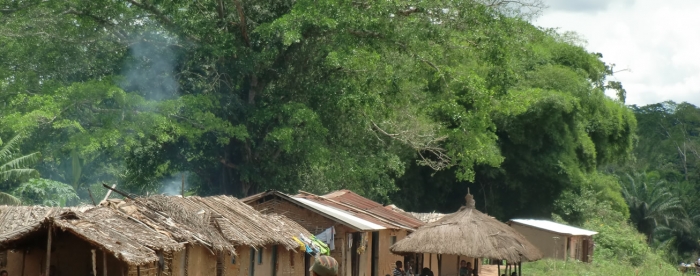News
Our stories ... ...

DR Congo - 05 March, 2013
Urban dwellers are buying more and more land around Kisangani, Oriental Province, in the Democratic Republic of Congo (DRC). These land purchases cause conflicts with the local population. A study conducted by Tropenbos International DR Congo (TBI DR Congo) in the region of Kisangani during December 2012 and January 2013 shows that if customary rights are considered and respected in formal land acquisition processes, conflicts over land could be reduced considerably.
TBI DRC researchers found that urban dwellers purchase land for agriculture, logging and even speculation purposes. Land buyers appear to use two strategies to get access to land. One strategy is to negotiate land with the local population who consider themself the legitimate owners of the land. The second strategy is to follow the legal procedures of land purchases with the land administration who considers that formally all land belongs to the state. Especially state officials (politicians, military etc.) use the second strategy. They thereby neglect the ownership claims of the local population. This causes conflicts between the new owners and the surrounding communities.